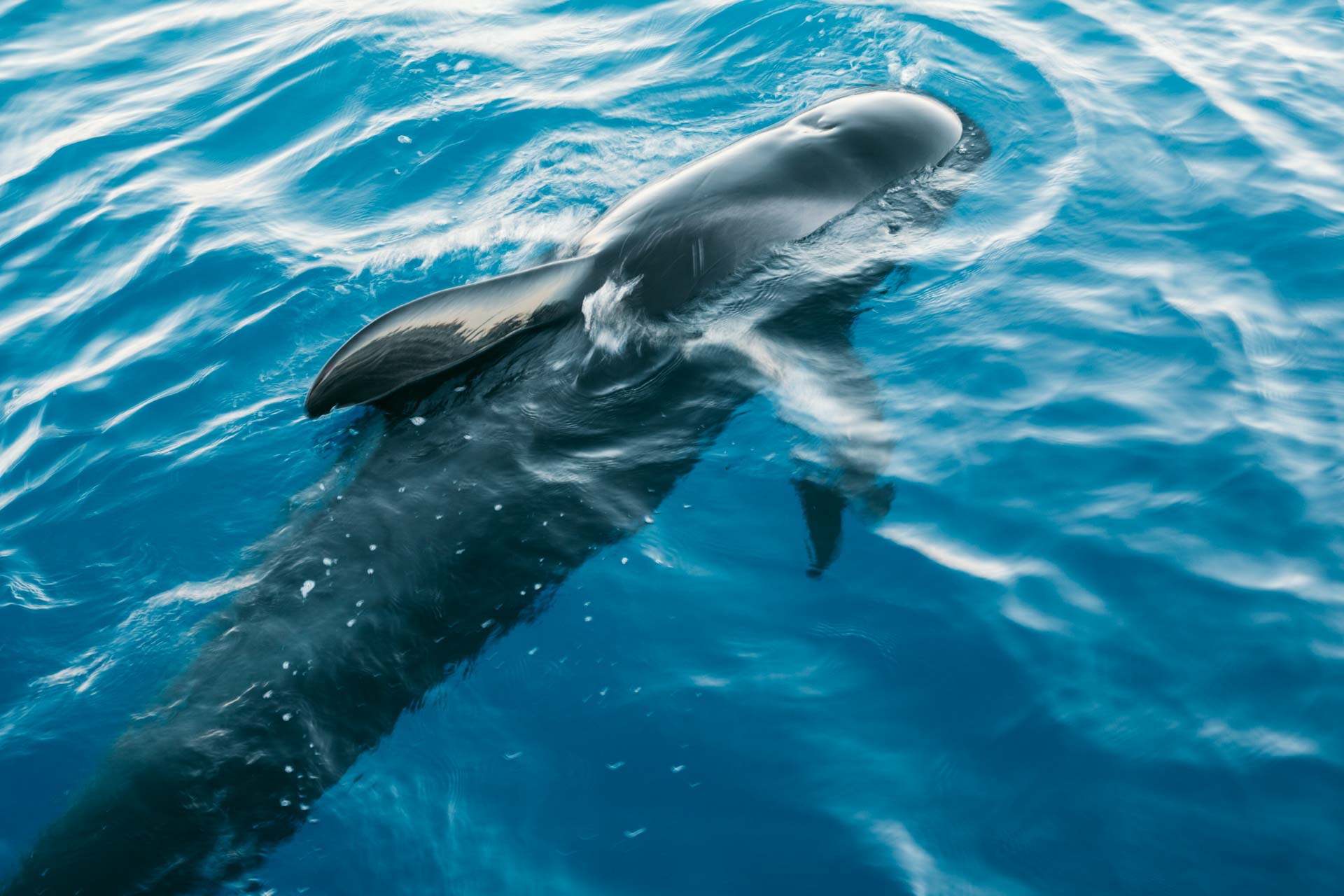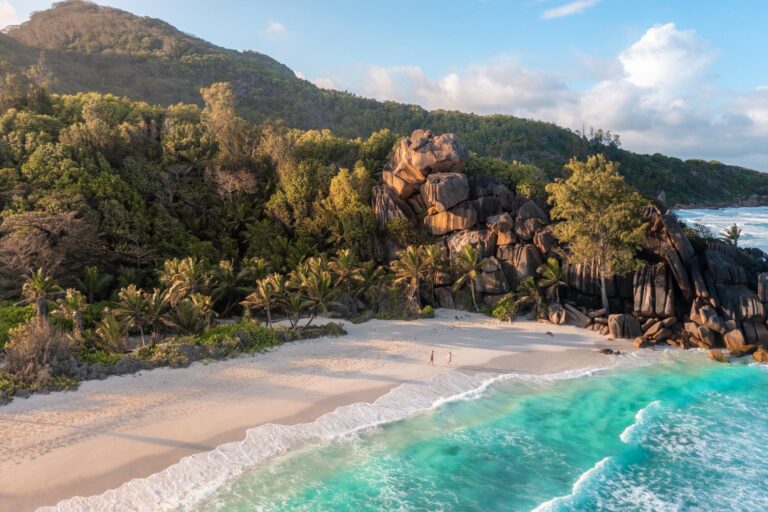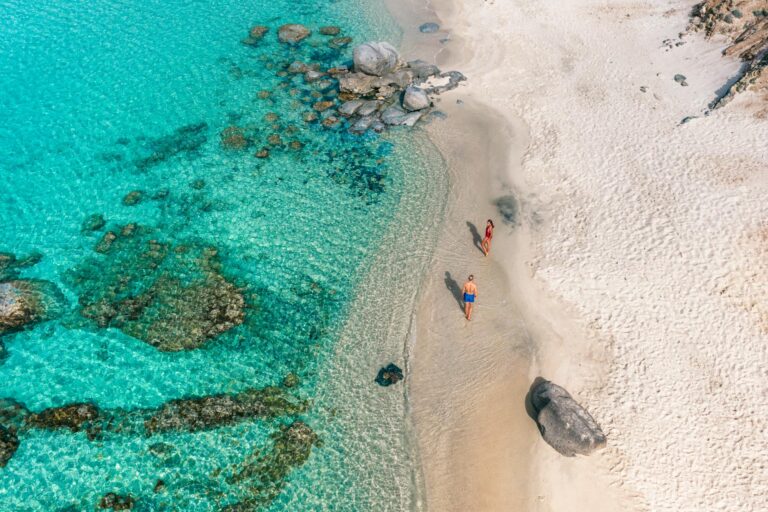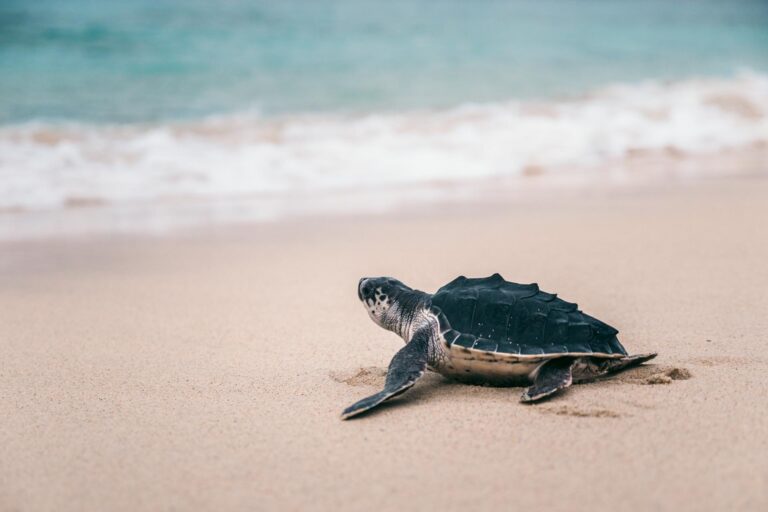8 Unethical "Delicacies" Animal Lovers Must Avoid While Travelling
Foods you must stay away from when you’re abroad. It may sound exotic, but don’t eat it“I ate a snake’s eye”
You have probably heard people telling stories about that time they ate fried insects, sea cucumbers or chicken feet, right?
When you’re travelling abroad, it can be tempting to try odd and exotic food.
If not for the taste, then at least for the experience and the crazy stories.
In the past we have spent some time outside our culinary comfort zones on our travels ourselves.
For example, Victoria has tried kangaroo meat in Australia and Alexander has caught and grilled piranhas in Brazil.
Now we completely abstain from eating animals.
Whether you eat meat or not, there are some animals that are more unethical to eat than others.
Eating certain animals may even contribute to eradicating them.
They may be presented to you as “delicacies”, but don’t be fooled.
Here are 8 unethical types of food you should never put on your plate.
1. Foie gras
The French foie gras is a well-known indulgence.
But it’s also a delicacy most can agree is pure cruelty.
Foie gras is French for “fatty liver”. To produce it, ducks and geese are being force-fed with feeding tubes until their livers have grown 6-10 times in volume.
In our opinion, that can never be delicious.
2. Kopi luwak coffee
Some of the most expensive coffee in the world is called kopi luwak.
Kopi luwak is made from coffee beans that have passed through the digestive system of a civet cat.
The cat-like animal eats coffee cherries and as it can’t digest the coffee beans, they’re defecated by the civet cat.
The excrement is then collected, processed and sold as kopi luwak.
So yeah, it’s basically cat poop coffee.
Many shops in Asia sell the coffee as an exotic souvenir, but beware… It’s an overrated tourist gimmick and most coffees sold as kopi luwak are fake.
Anyway, authentic ones usually involve animal abuse.
The majority of the civet cats “producing” kopi luwak coffee are caged and have no freedom to roam the forest which is their natural habitat.
They have health problems, they’re stressed out, and they will have to eat unripe coffee cherries to satisfy their hunger if that’s what they’re given.
Are you interested in coffee? So are we! Currently, we’re working on a documentary about sustainable coffee production called “Shade Grown Coffee – The Movie“.

3. Shark
Shark fin soup is considered to be a luxurious dish as well – especially in China.
But the practice of harvesting shark fins is undoubtedly unethical.
The fin is cut off and the rest of the shark is discarded.
When the shark is tossed back into the sea, alive and finless, it will be unable to swim and therefore bleed or starve to death.
It’s a very slow and painful death.
Additionally, many of these fascinating creatures are at risk of extinction because of us.
If you want to know more about endangered animals and the mass extinction we’re facing, we can highly recommend watching the documentary film Racing Extinction.
It’s troubling, no doubt, but if every person on earth saw this film and took its message seriously, the world would be a better place.
Do you want to watch Racing Extinction? Rent or buy the movie on Amazon here (adlink).
4. Turtle
Unfortunately, many turtle species are endangered. Some critically.
Apart from being kept as pets, they’re used for cooking and in natural medicine.
Turtle soup is served as a delicacy in some places in the US, Latin America and Asia.
In several Central American countries, turtle eggs are eaten as well.
More and more organizations make local initiatives to protect the valuable eggs and the newly hatched turtles from being collected for food.
So please, stay away from turtle soup and other dishes containing turtle.

5. Tuna
Tuna is one of the most popular seafood choices.
It can be eaten straight from a can or served as high-end sashimi in sushi restaurants.
But our collective appetite for tuna is threatening populations.
Many species are endangered and it won’t be long before some of them are hunted to extinction.
You should definitely stay away from eating bluefin tuna, tongol and yellowfish.
They’re closely linked to overfishing and in many cases caught illegally.
Even though varieties of tuna that aren’t as controversial exist, it’s really difficult to be 100% sure what you’re getting.
Skipjack tuna is supposedly still plentiful around the world, but even healthy tuna stocks can be caught in problematic ways.
Most tuna is caught using high-yielding methods, which means high amounts of bycatch.
Unwanted species caught along with the tuna (like sharks, dolphins, sea turtles and seabirds) get killed in the process.
The best option is traditional pole and line caught tuna. Preferably skipjack.
In general, the more information you can find about the tuna and the fishing method, the better.

6. Dolphin
Have you watched the documentary film The Cove? (Adlink)
If you have, you know how horribly bloody the bay of Taiji in Japan is.
Wild dolphins are being driven into a small bay to be captured or killed.
Some of the dolphins are sold to dolphinariums around the world to live a life in captivity – if they haven’t died within days due to shock and injury.
The rest get massacred with metal pins into their necks and then slaughtered for their meat (which by the way contains harmful levels of mercury).
Do yourself and the dolphins a favour. Avoid dolphin meat at all costs.

7. Eel
Eating freshwater eel is terribly unsustainable.
You might know it as unagi – sushi with eel.
It has become so popular over the last decades that the population is severely declining.
So much that it’s at risk of extinction.
Therefore, all kinds of dishes with that weird long snake-like creature are to be avoided.
Also, they contain very high levels of mercury which is not healthy at all.
In addition, we think that you should know that eel are bottom feeders.
When animals die in the water and sink to the bottom, the eel will feed on the decayed and decomposed body. Yum.
8. Whale
Eating whale is contentious for several reasons.
First of all, like both dolphins and eel, whale meat contains large amounts of mercury.
It’s not recommended to eat it because of the health risks alone.
But secondly, it’s illegal to kill whales in many countries.
That’s the case in Japan, but for years the country has circumvented the law by claiming the whaling takes place for “scientific reasons”.
After the “research” has been carried out, the harvested whale meat is then sold as byproducts from the scientific study. Very convenient…
The ancient tradition of hunting pilot whales still takes place annually in the Faroe Islands.
Whaling is prohibited in the EU, but the Faroe Islands are not part of the union, and since the whales aren’t endangered the slaughter is technically not illegal.
However, the method is strongly criticized by animal rights organizations.

Finally
As you might have noticed, we are not fans of eating animals at all, but that’s not what this guide is about.
Instead, we want to encourage you to ask a lot of questions about how the animal you would like to eat was bred, captured, slaughtered etc.
If it sounds a bit too exotic or if it’s marketed as a rare product, there are good reasons to be sceptical.
How did you like this article?
And tell us, have you ever eaten something weird during your travels that you would have avoided in hindsight?








 Book cheap hotels
Book cheap hotels  Find the best flight deals
Find the best flight deals  Nomad insurance
Nomad insurance  Our Camera Gear
Our Camera Gear Our Packing List
Our Packing List